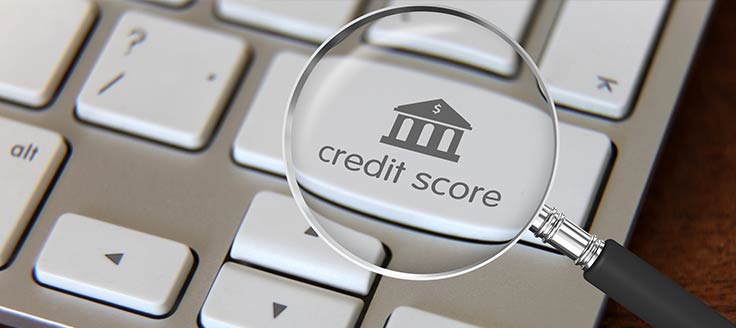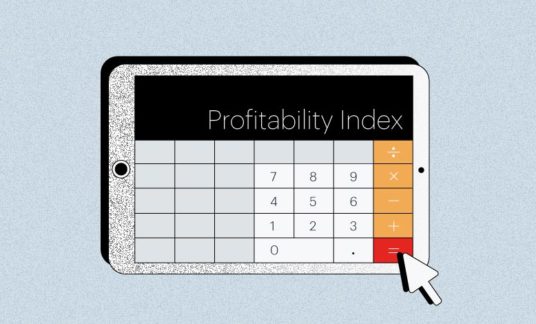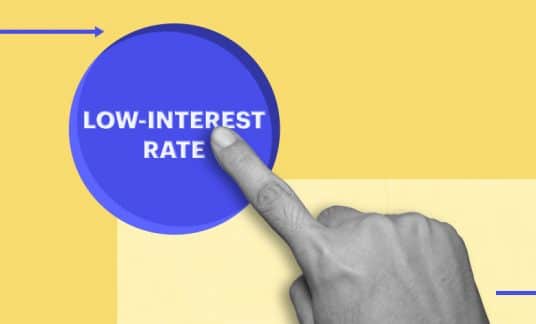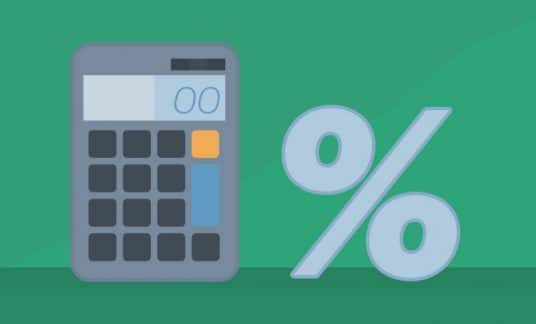What is loan underwriting? It’s the step between applying for funding and receiving your capital. We’ll walk you through small business loan underwriting guidelines as well as the process.
Business loan underwriting might seem overwhelming if you haven’t done it before. Think about all the paperwork you did for the first car or first home you bought and the choices you had to make: which lender to use, how much money to put down, or the impact of varying interest rates. You’ll have similar decisions and need to provide appropriate supporting documentation for lenders underwriting small business loans.
What Is Loan Underwriting?
Loan underwriting is the process lenders use when evaluating a small business when deciding whether to lend money. Using the lender’s small business loan underwriting guidelines, they will analyze loan capacity, business credit history and collateral. This information is used to make a lending decision and impacts the amount, interest rates, credit terms and repayment obligations for which a borrower can qualify.
Small Business Loan Underwriting Guidelines
While individual lenders may make different decisions based on the results of their analysis, most lenders use small business loan underwriting guidelines developed by the Federal Reserve for Small Business Administration (SBA) loans.
These guidelines pay special attention to cash flow because it’s the primary way small businesses will be able to repay loans. A cash flow analysis will examine current cash flow as well as expected future cash flows under a range of economic conditions.
Lenders will require borrowers to meet small business loan underwriting guidelines for:
- Regular income adequate to service the debt obligation
- The value and quality of the collateral
- Borrower’s credit history
- Borrower’s equity in the business
- Additional collateral or assets
Lenders also may consider factors such as a small business owner’s personal creditworthiness and credit history.

What’s the Business Loan Underwriting Process?
Once a small business decides to apply for a loan, the loan underwriting timeline will be underway.
1. Applying for a Small Business Loan
The loan underwriting process starts by filling out an application for a business loan. This can be done during a personal visit or by filling out an application online. Online applications typically require less information initially. If a small business owner needs someone to help walk them through the process and offer some advice, they may be better served by setting up a meeting with a loan officer in person.
2. Assembling Documentation
During the loan application process, businesses will be asked to provide financial history and business performance information. Businesses may be required to provide extensive documentation and provide verification of accuracy.
3. Loan Underwriting Review
Once the application has been completed, the lender will begin the loan underwriting review. The loan underwriting timeline will vary from lender to lender and may require additional documentation.
4. Loan Underwriting Decisions
Lenders take the decision for underwriting small business loans seriously. They must weigh the risk and reward against other investment opportunities they could make.
Businesses won’t get a simple yes or no decision on their application. In most situations, a yes will come with a set of conditions that set the terms, interest rates and repayment schedule of the loan.
Obviously, the lower the risk for the lender, the better the credit terms will be for the borrower.
When the answer is no, some lenders will explain where businesses fall short and may offer guidance on what would need to change to qualify. They may offer high-rate funding to businesses with poor credit ratings or ask for additional collateral or personal guarantees to fund.
What Documentation Is Required for a Small Business Loan?
The type and amount of documentation will vary depending on the type of loan and amount businesses are looking to borrow. It may also vary depending on what businesses plan to do with the money they are borrowing.
Different lenders may require different documentation, but here are some of the more common requests from lenders.
- Business Financial Statements
Financial statements should include a profit-and-loss (P&L) statement and be current. Businesses may also be asked to include accounting information from the past 90 days and/or financial data from the past 3 fiscal years. - Business Plan
Lenders may want to review a business plan that includes the projection of future income and expenses. The plan may need to explain how you will achieve your projections. - Personal Financial Information
The owner’s personal financial information will likely be reviewed as part of the loan underwriting process. The personal financial history of the owner and their creditworthiness will play a role in the lender’s decision. - Tax Returns
Other items that lenders may want to examine are business and personal federal tax returns for the past three years. Depending on the ownership situation, they may also want to examine returns for other principles. - Business License
Lenders may also want to verify that the business is licensed to operate. - Outstanding Obligations
While your financial statements and balance sheet should detail any outstanding obligations, lenders may want to dig into the terms of any outstanding loans or commitments when evaluating your application. For example, if you are leasing space, renting equipment, or have any liens against your business.
Some lenders will ask for more. Some will ask for less.
One critical piece small business lenders will evaluate will be your credit history. A history of borrowing money and making payments on time is helpful. If there are blemishes, underwriters will want an explanation of what happened and why. For fairly new businesses, personal credit history will likely play a bigger role in the evaluation.
Businesses that are unable to provide solid financials or show a strong credit history may still be able to secure funding. However, the terms will be less favorable. Lenders will charge higher interest rates or more collateral to justify the risk they are taking in making the loan.

Will Collateral Be Required for a Small Business Loan?
The short answer to whether lenders will require businesses to pledge collateral as part of their loan obligations is, “It depends.” It’s safe to assume that if a business is financing equipment or property purchases, the assets will be used as collateral for the loan.
What’s Collateral?
Collateral provides possible sources of repayment if a business is unable to repay its debt. Lenders may require business, and in some cases, personal assets that can be sold for cash. Assets such as business buildings or property, equipment, inventory, and accounts receivable are typically considered collateral.
Lenders may require certified appraisals for loans that are secured by real estate.
Not all lenders require collateral when making loan underwriting decisions. Collateral is just one factor in assessing the financial status of a business. The financial health of a business, its cash flow, and its history of meeting obligations play an important role.
SBA Loans
Loans backed by the SBA can be attractive for small business owners. There are a variety of loan sizes and repayment terms can be set from 5 years to 25 years. They typically offer attractive (and lower) interest rates and can be used for anything a business wants to use it for.
What’s the downside to getting an SBA loan? There’s likely more paperwork and a lengthier process. Some SBA loan products are only available if you are unable to secure financing elsewhere. Banks issuing SBA loans will require business owners to provide personal guarantees before issuing SBA loans. Businesses also need to meet certain small business loan underwriting guidelines.
SBA Loan Underwriting Guidelines
The SBA expects that all available company assets will be offered as collateral. If these assets aren’t enough to secure the loan, the SBA may require liens against personal assets, including your home.
The SBA doesn’t provide specific guidelines for what it takes to get approved, but lenders typically want to see a strong financial track record and history.
Eligibility for SBA Loans
Most small businesses are eligible to receive SBA loan guarantees unless they fall into one of these categories:
- They operate a small business
- The business engages in rental real estate
- The businesses primary source of revenue is lending, investments, or speculation
- Charitable, religious, or non-profit institutions
- Don’t do business in the U.S. or territories
The SBA requires most loan applicants to demonstrate that they have been unable to use alternative financial resources, such as other lenders or personal assets, before seeking an SBA loan.










